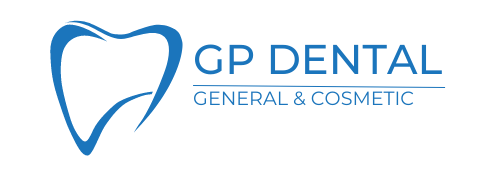Clenching and grinding of the teeth is also called “bruxism”.
Bruxism is not part of normal chewing movement and is not a healthy action. It can lead to excessive wear on teeth and nerve exposure, leading to permanent damage to teeth and the jaw joint. Clenching and grinding may occur during the day or night. During sleep, you have no conscious control over the abnormal movements.
Muscle groups
Three major muscle groups are associated with bruxism. These include the temporalis and masseter muscles, which close the jaw; and the lateral pterygoid muscles, which move the jaw side to side. Accessory muscles of the neck may also be involved, leading to head and neck aches, especially in the morning.
Signs & Symptoms of Tooth Clenching & Grinding
These may vary depending on the nature, frequency, strength and duration of the bruxism.
- Often no symptoms
- Painful and sensitive teeth.
- Chronic facial pain with tension head and neck aches caused by intense muscle contraction.
- The noise of teeth grinding together; often noticed by partners, friends or family.
- Flattened and worn tooth surfaces that may reveal the underlying yellow dentine of teeth.
- Micro fractures in tooth enamel.
- Broken or chipped teeth
- Loose teeth with possible damage to the ligament or tooth socket.
- Stiffness and pain in the jaw joint, restricted or difficult chewing and opening.
- Earache or pain in the jaw joint.
Treatment for Tooth Clenching & Grinding
Treatment aims to:
- Remove the cause of bruxism.
- Change the behaviour that leads to bruxism.
- Repair the damage caused by bruxism.
Your dentist may:
- Recommend counselling, stress management or relaxation methods.
- Recommend remedial jaw exercises and the use of a cold and heat pack.
- Make you a custom fit occlusal splint, or “night guard” to wear at night. The night guard is made from moulded hard plastic that fits over the upper or lower teeth. It protects the teeth from further damage.
- Prescribe pain relief for facial pain, headaches and jaw joint pain.
- Prescribe muscle relaxant medication to help relax the jaw muscles.
- Repair damaged teeth with dental fillings, crowns or inlays to replace worn tooth structure. Root canal treatment may be required if the tooth wear or fractures extend to the pulp. Extraction may be required in extreme cases, where the tooth is badly damaged of the fracture is extensive
